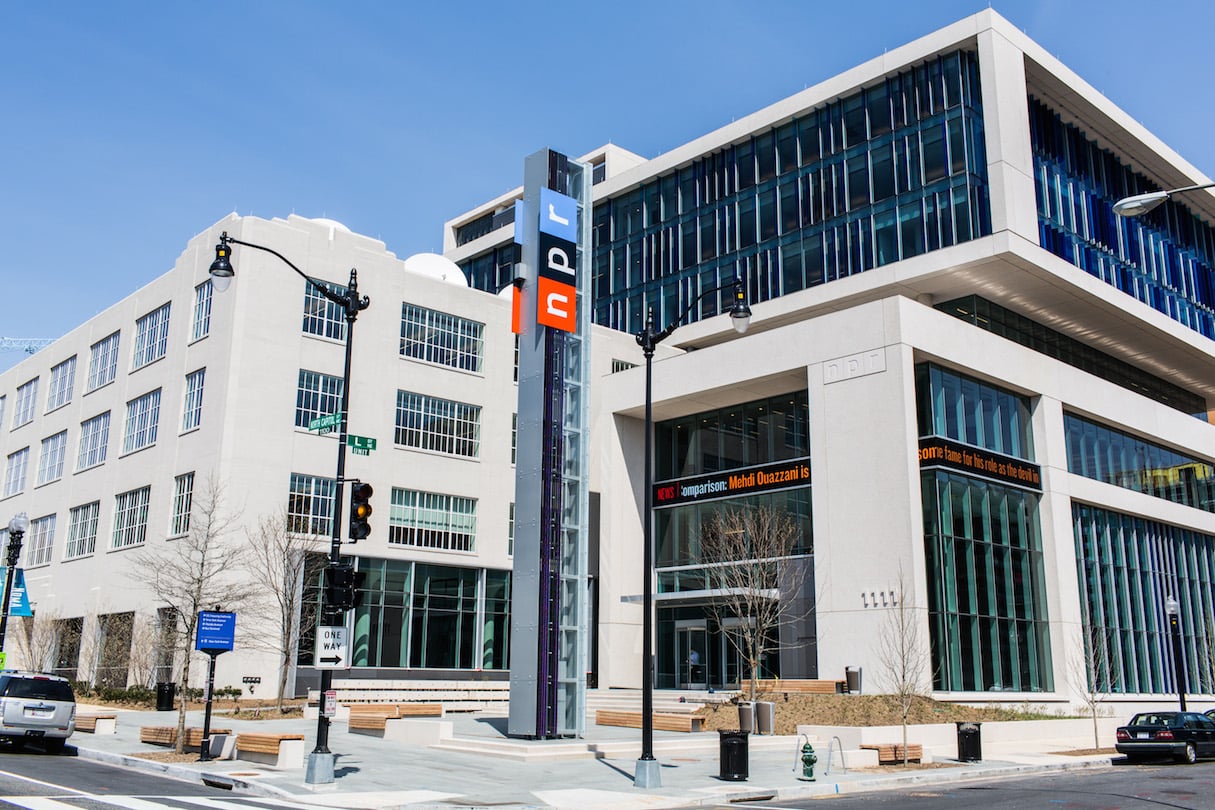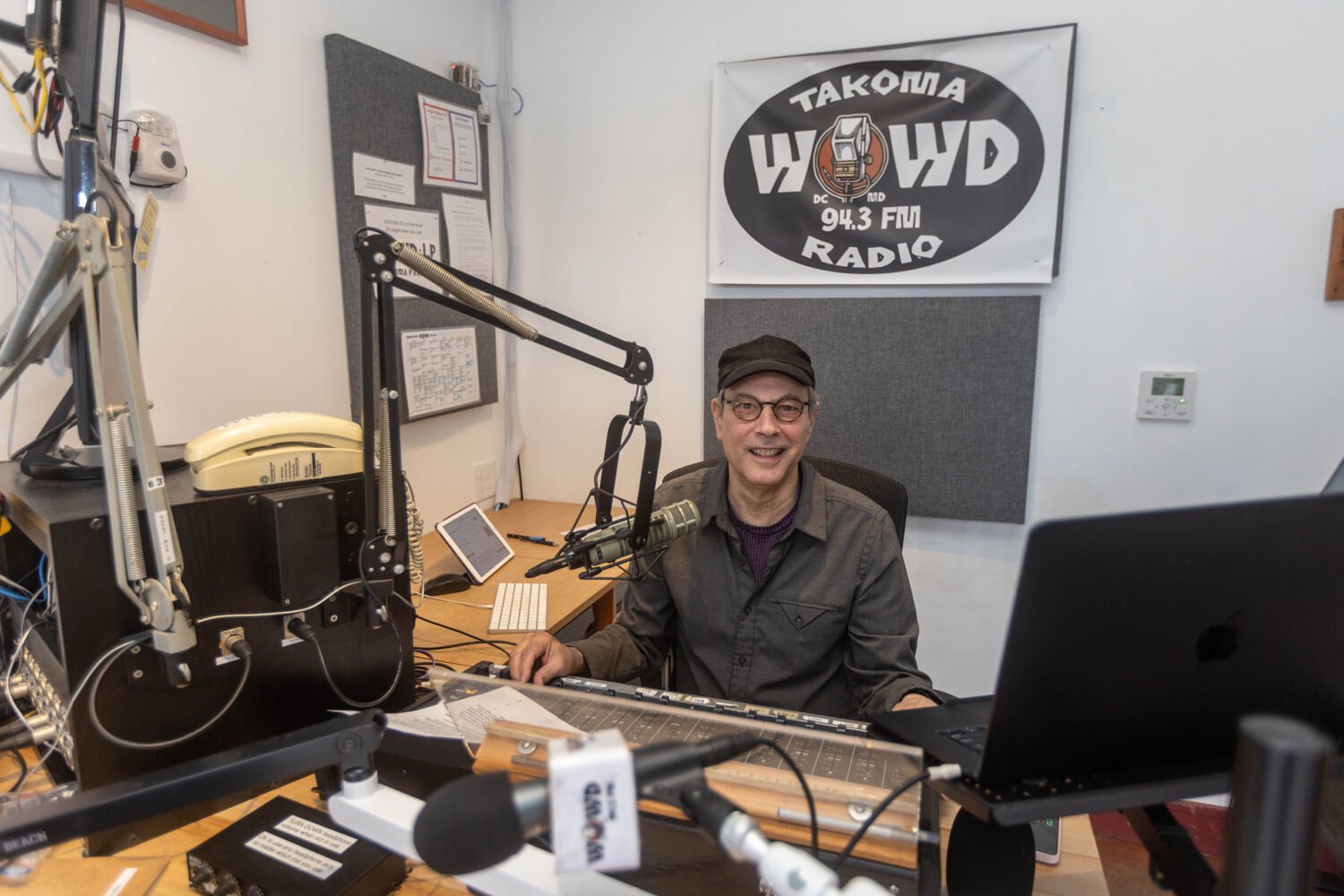NPR’s accounts will no longer be active on Twitter, NPR President John Lansing told staffers Wednesday via a memo obtained by Washingtonian. Under owner Elon Musk, Twitter “is taking actions that undermine our credibility by falsely implying that we are not editorially independent,” Lansing writes. The network will no longer place “our journalism on platforms that have demonstrated an interest in undermining our credibility and the public’s understanding of our editorial independence,” reads Lansing’s memo.
Twitter has designated NPR “Government-funded media” after a typically chaotic series of events. It surprised the network last Tuesday night by designating it as “state-affiliated media.” Musk later learned from NPR reporter Bobby Allyn that federal funding makes up less than one percent of NPR’s budget. “Well, then we should fix it,” Musk wrote in an email to Allyn. The “Government-funded” label appears to be the billionaire’s attempt at such a repair.
“It would be a disservice to the serious work you all do here to continue to share it on a platform that is associating the federal charter for public media with an abandoning of editorial independence or standards,” Lansing wrote. Twitter replied with a poop emoji when Washingtonian requested comment.
Under Musk, Twitter has taken a confrontational stance toward journalists, who are among the platform’s most dedicated users. Musk has repeatedly expressed his desire, if not the technical ability, to strip verification from legacy users who don’t pay for the service’s “Twitter Blue” product. The platform did manage to remove the New York Times‘s “verified” badge after it declined to pay $1,000 per month to keep it. Washingtonian currently has a checkmark but has no plans to pay to retain it, says its director of digital products, Jacob Raim.
Lansing’s memo:
All –
NPR’s organizational accounts will no longer be active on Twitter because the platform is taking actions that undermine our credibility by falsely implying that we are not editorially independent. We are not putting our journalism on platforms that have demonstrated an interest in undermining our credibility and the public’s understanding of our editorial independence.
The public media system was created by Congress more than 50 years ago to provide free over-the-air and now online news, information, and educational programming to all Americans. These services are especially valuable to those living in communities with little or no access to other outlets. Actions by Twitter or other social media companies to tarnish the independence of any public media institution are exceptionally harmful and set a dangerous precedent.
Millions of Americans depend on NPR and their local public radio stations for the fact-based, independent, public service journalism they need to stay informed about the world and about their own communities. They depend on your work, the rigorous reporting they need to exercise their rights as citizens and the music and entertainment that brings them moments of joy. It would be a disservice to the serious work you all do here to continue to share it on a platform that is associating the federal charter for public media with an abandoning of editorial independence or standards.
We are turning away from Twitter but not from our audiences and communities. There are still plenty of ways to stay connected and keep up with NPR’s news, music, and cultural content. Audiences can turn to NPR.org, the NPR app for on-demand listening, our newsletter portfolio, liveblogs and push notifications. We will also continue to maintain a presence on our other social platforms.
John



















